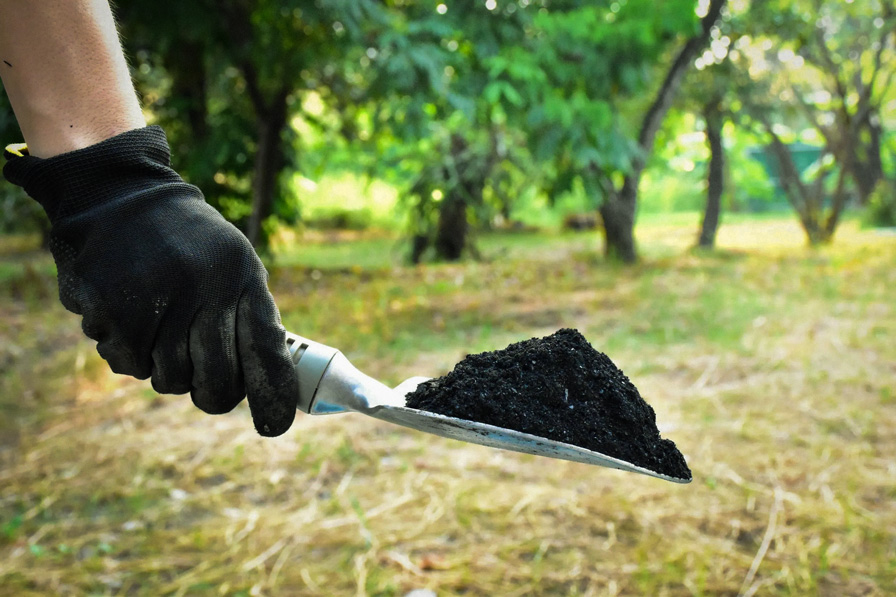
How to get started
Biochar is an ancient technology, a dense, charged, stable and porous carbon amendment derived from various feedstocks. At KC Biochar, our feedstocks are 100% recyclable woodstock, the best feedstock available for water retention in field amendments. Our wood chips are heated at over 350 degrees, while starved of oxygen, through pyrolysis. The result is dense and porous biochar, capable of improving the microbial composition while increasing nitrogen retention. Improved root growth, higher crop yields and a helping hand to the environment are all benefits of responsible biochar application.
NRCS Payment Incentives

Additionally, the National Resources Conservation Service (NRCS) now offers the Soil Carbon Amendment in the Environmental Quality Incentive Program (EQIP). Financial assistance is provided to land holders for biochar application on farms and forests. The benefits include erosion reduction, improved soil composition and health, and increased crop production. Code 336 is the Soil Carbon Amendment code within the EQIP structure implemented October 1, 2023.
Getting Started–Eligibility Requirements
While the selection process occurs, you will work with the NRCS and the Farm Service Agency (FSA) to determine eligibility under the following:
You must own, lease, or rent the land where the biochar application is to occur. Adjusted gross income must be below $900,000. Farm bill payments from 2018-2023 must not exceed $450,000. You must be in compliance with wetland and highly erodible land conservation requirements.
1) Apply at the EQIP site. You may gain assistance from local NRCS staff in the county of your headquarters for implementation of these benefits. The Farmland Trust has additional information which may be of benefit to your application and implementation.
2) Develop your plan. After your application is completed, NRCS staff or an independent conservation planner specializing in technical work will provide assistance. Your application is ranked among statewide applicants. Ranking dates vary from state to state. Be sure to know the timeline in your local market.
3) Under Code 336 adoption, your amendment must be tested and meet specific parameters. Toxic metals, for instance, are checked. At KC Biochar, this testing is done in advance. We will work with your local office to ensure smooth results after your award is granted.
What to Expect–Payment Procedures and Schedules
After you are ranked and selected for funds, you will enter into contractual terms for biochar volumes, applications, timelines and frequencies, and terms for the project. NRCS can assist with biochar applications three consecutive years
After biochar application, your conservation planner may certify your work. Once specs are cleared, provide an invoice and photo of your biochar application. After your certification is complete, reimbursement is usually fairly quick, about a week and a half. General reimbursement is 75%, while Historically Underserved Producers may receive 90% reimbursement. An additional benefit for the HUPs is eligibility for upfront payment mechanisms.

Code 336 Missouri Schedule
Each state’s funding schedule varies, we have included the Missouri FY 2024 figures below for reference:
| Component | Units | Unit Cost |
|---|---|---|
| 100% Biochar | Ac | $768.01 |
| HU-100% Biochar | Ac | $921.61 |
| 20% Biochar-80% Compost | Ac | $478.67 |
| HU-20% Biochar-80% Compost | Ac | $574.41 |
| 40% Biochar-60% Compost | Ac | $556.73 |
| HU-40% Biochar-60% Compost | Ac | $668.08 |
| 60% Biochar-40% Compost | Ac | $634.79 |
| HU-60% Biochar-40% Compost | Ac | $761.75 |
| 80% Biochar-20% Compost | Ac | $712.85 |
| HU-80% Biochar-20% Compost | Ac | $855.42 |
| Compost - Off site | Ac | $206.51 |
| Compost - On Site | Ac | $247.81 |
| Compost - Off site | Ac | $94.28 |
| Compost - On Site | Ac | $113.14 |
| Compost - Small Areas | kSqFt | $41.07 |
| HU-Compost - Small Areas | kSqFt | $49.28 |
| Compost + Biochar - Small Areas | kSqFt | $49.28 |
| HU-Compost + Biochar - Small Areas | kSqFt | $59.13 |
| Other Carbon Amendment | Ac | $751.33 |
| HU-Other Carbon Amendment | Ac | $901.60 |
There are no national standards for application volume, the best practice is an optimal plan with the assistance of your county’s NRCS officer. Cost/benefit analysis on best local practice may be determined, a general rule is 1-2 cubic yard/acre for annual application, and a 4-12 cubic yard/acre for a one-year amendment. KC Biochar, your county’s NRCS officer, and your state’s agriculture department can help guide you through the technical and financial details of this process.
Our pyrolysis system will be online in 2024, and we are already taking orders for truckloads and partial loads of environmentally and financially responsible biochar applications. Biochar benefits the soil and the environment at large, capturing additional pollutants and enriching existing soils in one sweep.
First step, please contact your county NRCS office to learn more about how to prepare for this new benefit. If your soil is already tested, you’re a step ahead in the process. Figure out which plots you wish to apply and crunch some numbers. At KC Biochar, we’re happy to help you along your road to greater conservation and to the greater good.
